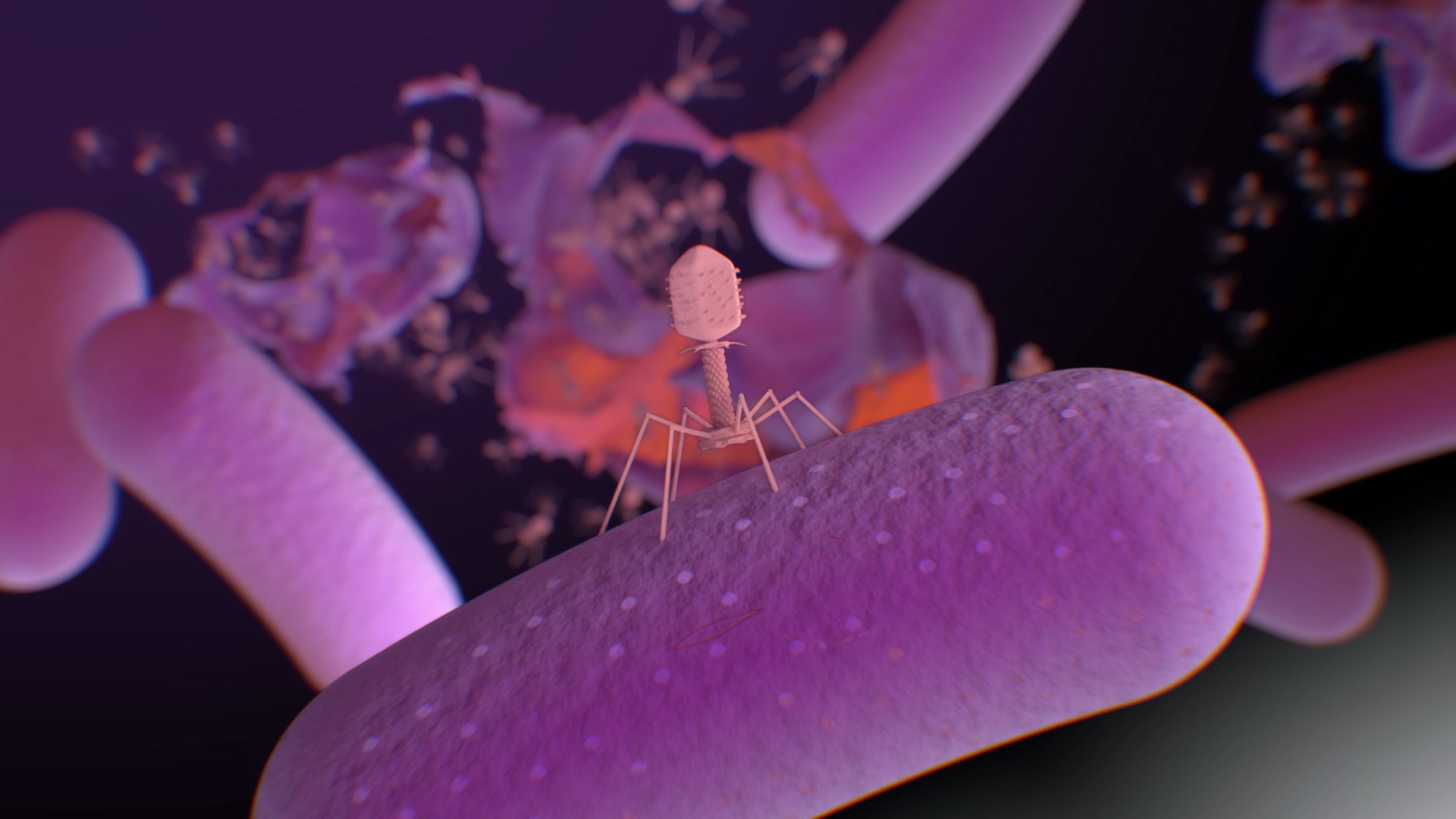Search

News & Events
Thought-provoking lecture from WA’s 2021 Australian of the YearA major gap in tackling the mental health crisis in WA is the inability to effectively treat children and adolescents with a history of trauma within the current system.

Whether you're looking to join our Community Groups, or participate in upcoming research projects, this is the place for you.

We want to ensure parents and carers have textbook tips for how to help their children deal with the pressures associated with studying for stressful assessments and for dealing with the results, whatever they may be.

Phage WA have a number of projects underway and these cover a broad range of phage research areas.

News & Events
Nine-year-old Beau cuts his curls to fight cancerMeet Beau Jones. Beau is nine-years-old and lives in Eaton where he likes playing basketball and hanging out with his brothers. He’s also passionate about standing up to cancer!

News & Events
Some heroes wear capes. Some heroes wear lab coats. And some heroes wear school uniforms, just like you!Ten-year-old Isabelle decided to make and sell loom band bracelets to raise money for The Kids Research Institute Australia.
The Health Promotion and Education Research Program, led by Head Professor Donna Cross, combines over 14+ years of cyber safety research, involving over 30 projects investigating young people’s online behaviours, totalling over $5 million in funding since 2007.
Cyberbullying is when an individual or a group repeatedly uses Information and Communication Technologies (ICT) to intentionally fear, distress, or harm to another person, who finds it hard to stop it from happening.

Thanks to an enabling donation from the Stan Perron Charitable Foundation, The Kids Research Institute Australia is home to one of the first paediatric personalised medicine research centres in the world.

Hope ahead for children with CF, as life expectancy continues to grow thanks to research.
